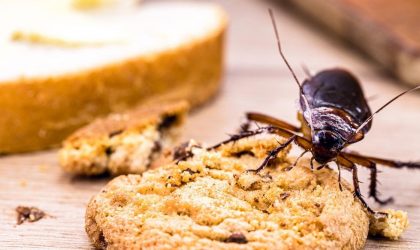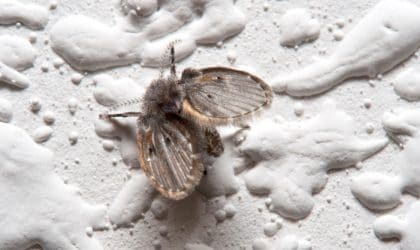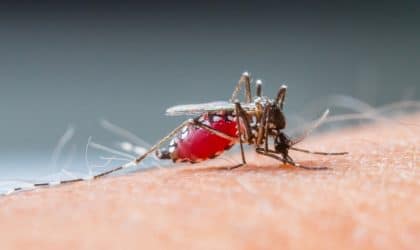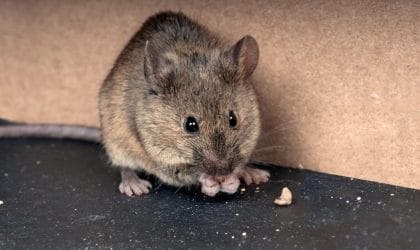Do Hornets Like Cedar? How Cedar Wood Really Affects Hornets
Have a hornet problem and hoping that some natural cedar might not only smell great, but help you get rid of these annoying pests? In this article, we look at all the facts around cedar as a hornet deterrent, including both facts and myths.
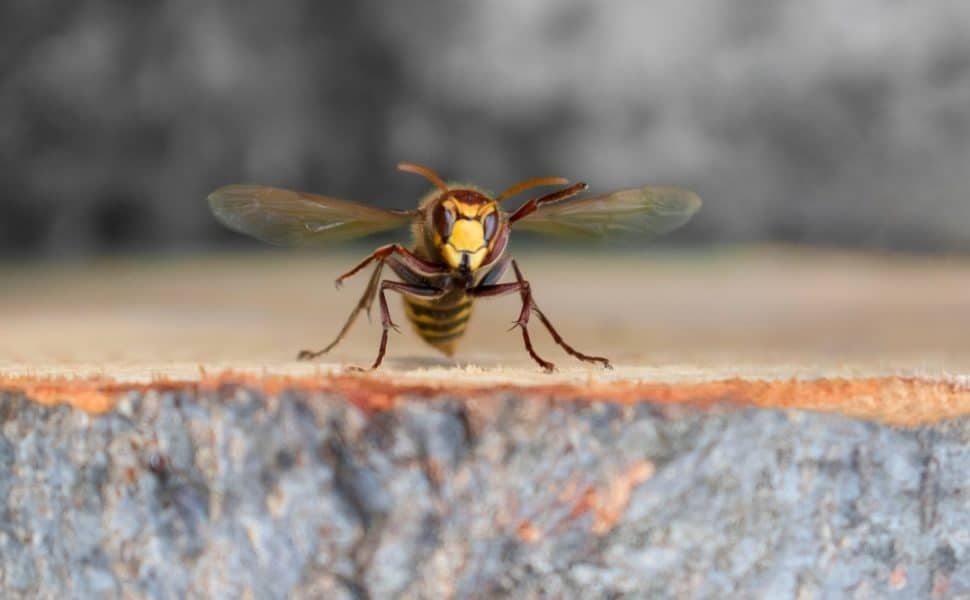
The mighty cedar tree is a popular option when it comes to pest control. And why shouldn’t it be? It can get rid of most pests. It’s sturdy and great for building houses and furniture. And it can even protect our clothes from moths that intend to damage them.
But there’s one particular bug that escapes Google searches when it comes to how it’s affected by the mighty cedar. That’s right. We’re talking about hornets.
These insects aren’t known to succumb to the cedar’s pest repelling effects. But do hornets like cedar? Or is there something else going in here? This type of wood is popular among homeowners because of its pest repelling properties for other types of pests. But can it handle hornets? Let’s find out!
Cedar Can Repel Bugs
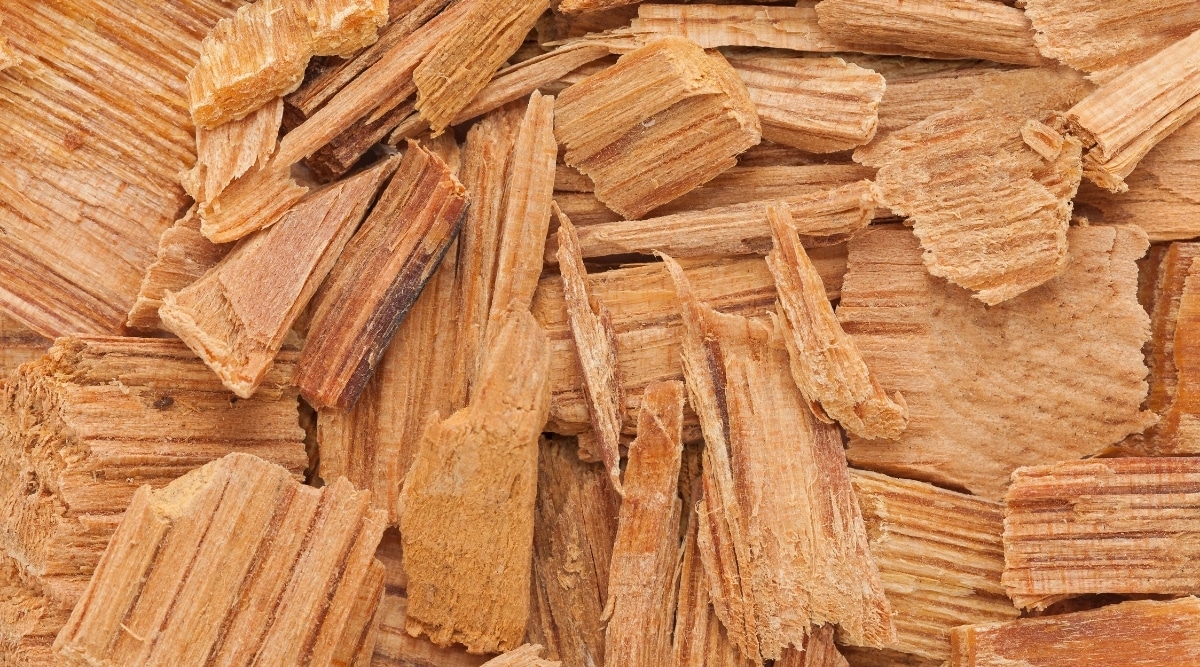
Before we talk about hornets, let’s have a quick intro on the cedar tree’s long reputation of being able to repel bugs like roaches, termites, and even some species of ants.
According to Northern Star Online, this power to deter certain pests in the house comes from the acids it produces.
Cedar’s strong aroma is a powerful deterrent. This familiar smell is caused by phenols or carbolic acid, scented organic compounds that may give off an earthy and refreshing fragrance when experienced by humans. But catching a whiff of it overwhelms and confuses many insects, eventually driving them away.
Additionally, some species of cedar trees also produce plicatic and abietic acids. These acids are known to be toxic to both humans and larger animals. According to a study from the National Center for Biotechnology Information, prolonged exposure to these acids can cause respiratory problems and allergic reactions for people and liver damage for rodents. And although it’s not that clear weather these acids can affect insects, some speculate that these compounds contribute to the cedar’s repelling abilities.
Cedar Wood Doesn’t Deter Hornets
However great cedar sounds in warding off specific insects, it’s not known to affect hornets, especially during nesting season.
This video from the Animal and Plant Health Agency shows a giant nest of hornets comfortably nesting on top of a live cedar tree. Meaning, the acids or phenols apparently have no effect on these bugs.
There have also been cases of bare, untreated, unpainted and weathered cedar wood having hornets nests attached to them. Attics and walls made from cedar are also known to accommodate hornets even though they’re generally free from termites.
Cedar Oil May Work Against Hornets
It’s not set in stone yet, but since oil is a concentrated essence of a plant, greater accumulation of the acids from a cedar tree can probably repel hornets. However, you have to include other active ingredients in your treatment. A mixture of eucalyptus and lavender oil may help it become more potent.
Cedar oil is considered a pesticide in some countries like Canada. It’s an active ingredient in a lot of commercial insect sprays, so it may deter hornets or possibly even kill these bugs, depending on how strong your mixture will be. It’s been known to ward off both hornets and yellowjackets during peak seasons.
In the US, cedar oil is available in small amounts because of its toxic properties. There are even products that combine the oil and silane that can kill bees. Just remember to be cautious when handling this oil.
So for the question Do hornets like cedar? The answer is an unsurprising and uninspiring NO.
No as in, “They might still build nests in cedar wood when they need to.” But they do not eat it, and aren’t necessarily attracted to it, like other food sources.
Cedar may be a popular go-to when it comes to fleas, ants, roaches and termites. But it’s not a strong enough force to stop those hornets from invading your house.
Share this post
Save time and money on pest control
Subscribe to expert DIY pest control tips, pest control product reviews and information.

